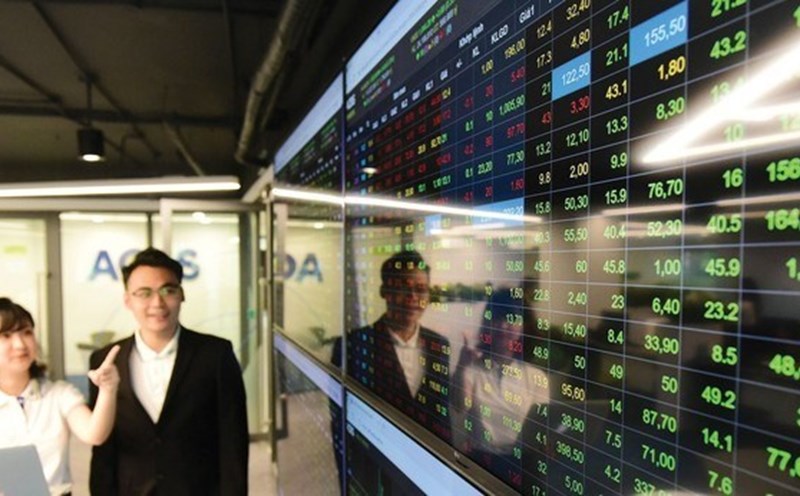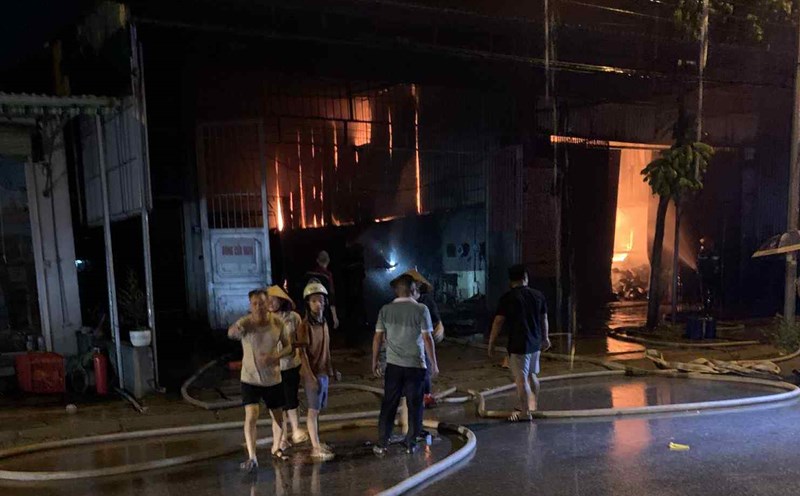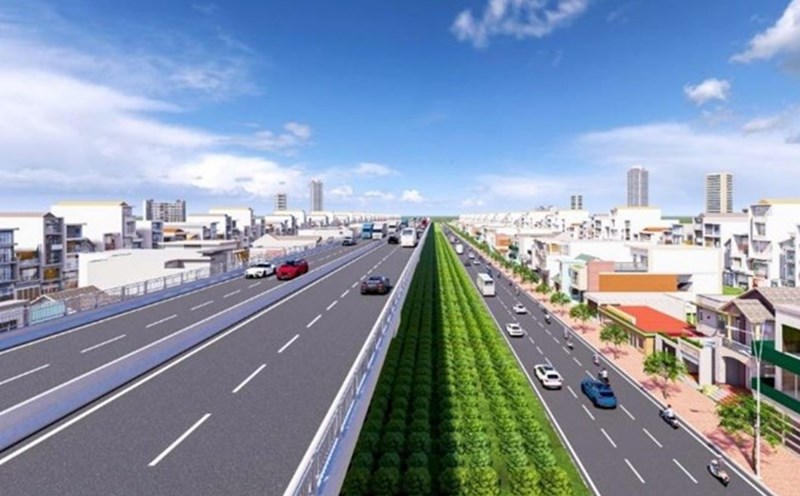The fact that international rating organizations have included the Vietnamese stock market in the list of upgrading from frontier to emerging secondary has opened up great expectations for the ability to attract international capital flows. This is not only a change in classification techniques, if the upgrade process is successful, it will put Vietnam on the "investment map" of a series of large funds, especially ETFs monitoring emerging market indicators.
According to financial experts, for international capital flows to truly stay and create long-term growth momentum, the market needs a transparent, stable operating platform that meets international standards, especially in the criteria of ESG (environment, society and corporate governance).
Dr. Nguyen Quang Huy - CEO of the Faculty of Finance - Banking, Nguyen Trai University: In the stock market, ESG is not a movement, nor a report for handling. In the new investment environment, ESG is the language of communication between businesses and global capital flows, especially long-term and sustainable capital.
From there, the role of the investor relations department (IR) needs to be redefined. Not only a spokesperson, IR must become a confidence designer, a bridge for ESG data between internal departments and external investors, and verify information to avoid greenwashing (correct ESG pink box). More importantly, IR needs to convey the long-term development philosophy of enterprises through market language - something that international institutional investors are particularly interested in.
Dr. Chu Tuan Linh - lecturer at Hung Vuong University: Upgrading is not a destination, but a starting point. To welcome long-term capital flows, it is necessary to change the role of the stock market from just a buying and selling channel to a key capital channel for the economy.
In the context of banks increasingly limiting long-term credit due to Basel III pressure, public investment being limited in budget, the private sector is forced to rely on the capital market. Therefore, Vietnam needs a national strategy for capital market development, including infrastructure, legality, policy sandbox, raising information disclosure standards, and developing an integrated financial center. Without an ecosystem that is large enough, it is impossible to retain large capital.
Mr. Nguyen Gia Khanh - consulting expert at SSI Securities Company: After upgrading, investors need to re-evaluate the entire valuation level. In Thailand, after being upgraded in 2005, market valuations (PE) have increased by about 1.5 times. Some stocks increased 4-5 times after only 3 years. If Vietnam is upgraded, the average of PE over the past 5 years is no longer a suitable reference.
It is important for consultants and investors to change their perspective. It is impossible to continue using the old standard to evaluate the new market. Consultants need to proactively adjust strategies and update valuation models, while individual investors need to be more determined in action.
However, in order for the market to expand and attract strong cash flow, there are still some conditions that need to be improved. In particular, limiting foreign ownership in some industries such as banking and real estate is still a factor that international investors are interested in. When foreign rum reaches the ceiling, access to new capital will be more difficult. However, after the upgrade, if Vietnam continues to have policies to expand foreign room trade according to the appropriate roadmap, it will increase attractiveness and help the market attract long-term capital flows more effectively.











